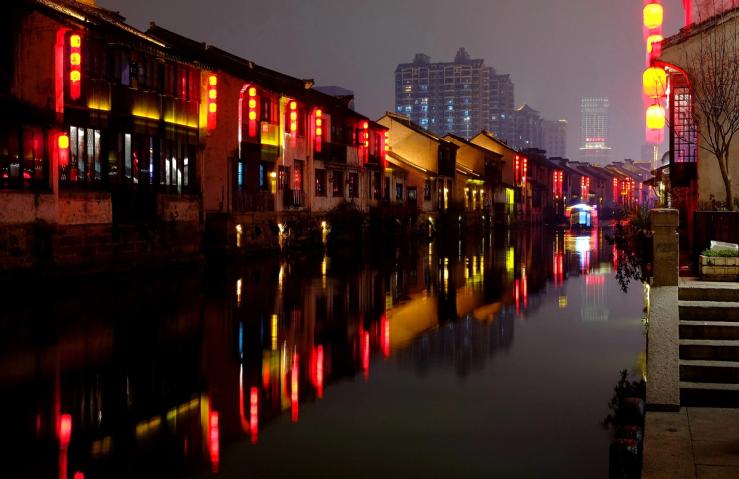The News
China is edging away from its infamous household registration system in an effort to bolster its stagnating economy.
In eastern China, Jiangsu Province’s government on Wednesday released draft measures in 11 of its 13 cities to get rid of all limits for non-residents to apply for hukou – Mao-era population control laws that restrict people from moving and determine what type of social benefits they are eligible for. Jiangsu’s decision comes days after Beijing officially encouraged provinces to rework their hukou laws.
We’ve curated reporting and analysis on the much-criticized hukou system and how the changes could shape China’s economy.
Insights
- Hukou is responsible for “two distinct and unequal castes” in China, and the inequality it has created will “permanently hamper development prospects,” a 2019 Diplomatic Courier article warned. Citizens with rural hukous face discrimination from urbanites and are restricted to the “the most dangerous, demanding, and low-paying jobs that those with urban hukou wouldn’t dare involve themselves in.”
- The current system deters migrant workers from spending more because of lack of social services, and China is desperate for its 1.4 billion consumers to increase spending as the country tips into deflation. Coupled with a shrinking population and geopolitical uncertainty, the government hopes the changes to hukou will present a better business environment for both consumers and suppliers. – South China Morning Post
- If China’s economic worries prompt Beijing to relax its social rules and restrictions like hokou, that’s a “good thing,” writes Carnegie Endowment fellow Michael Pettis. Some Chinese residents have been concerned about whether the country’s economic slowdown would lead Beijing to tighten controls, but the easing of hokou is reason to be optimistic, says Pettis.
- Hukou reform won’t fix China’s aging population and weak fertility rate, George Magnus of the University of Oxford’s China Centre told The Guardian. “Easing the registration requirements may help at the margins… but I don’t think it’s really going to alleviate labor supply problems,” he said.
- Urbanites are reluctant to share limited resources with migrants, making it more difficult for President Xi Jinping to achieve “common prosperity” with hukou reform, writes University of Illinois professor Yujeong Yang for China File. “Xi may be able to effectively secure consent (or silence the opposition) from local governments and local residents, but it may put him in a difficult position,” she writes.
AD


